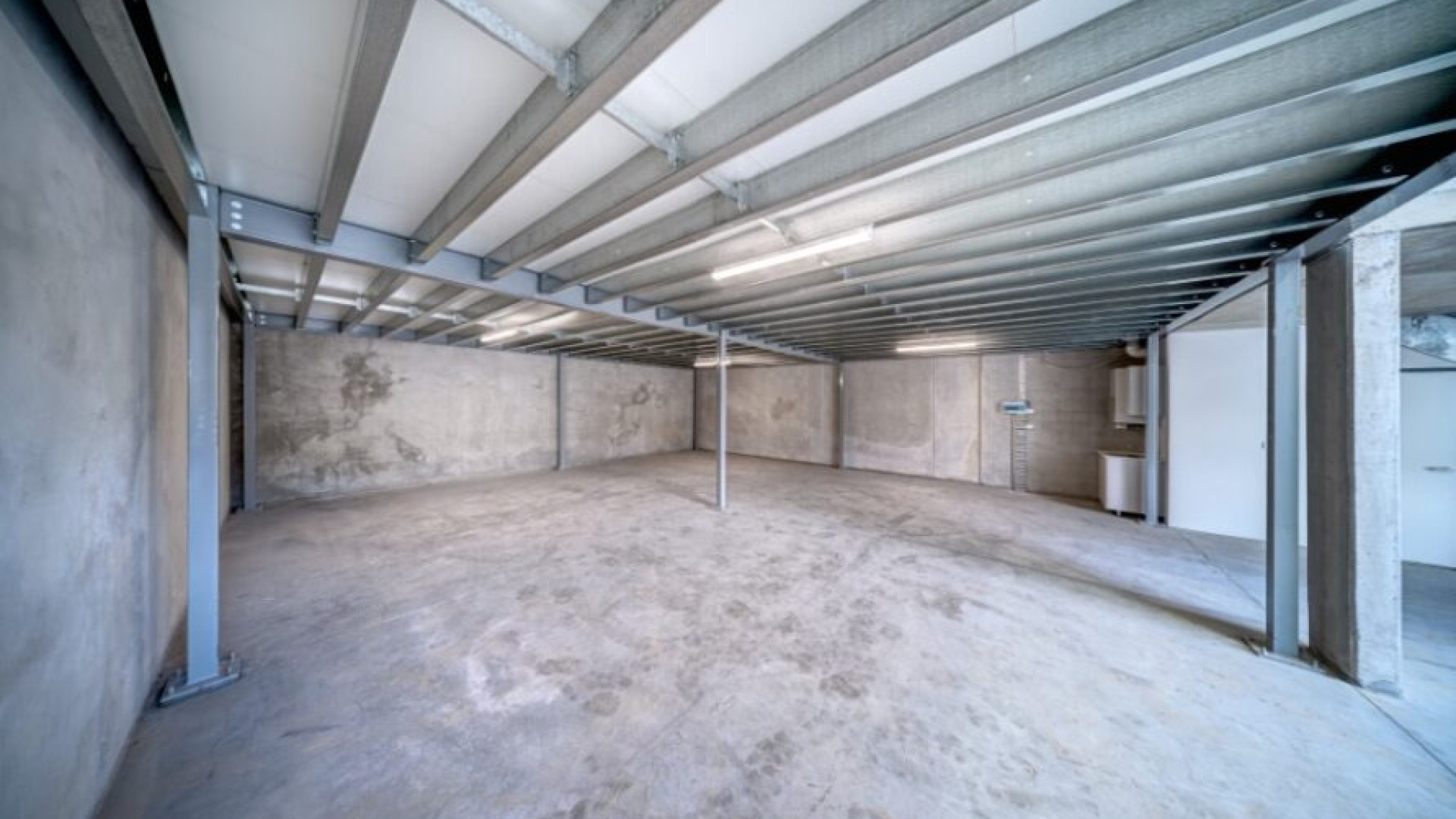What happens when your goods are selling like hotcakes, but real estate is cramped? It doesn’t take the top logisticians in the game to figure out that warehouses are better with space management systems. In today’s non-stop, high octane logistics and supply chain environment — efficiency, optimised space and productivity are necessary to ensure that your business keeps up with demand.
Unistor is at the forefront of revolutionising warehouse operations with advanced Warehouse Management Systems (WMS) and innovative mezzanine solutions. But what exactly is a WMS, and how does it transform warehousing? In this handy guide, we’ll do a deeper dive of WMS and uncover how it’s a game-changer for industries across Australia — plus, how you can achieve the same results!
What is a Warehouse Management System (WMS)?
What is a WMS? In essence, it’s a digital platform vital for streamlining warehouse operations, including inventory tracking, order fulfilment, and efficient goods management. This central system adapts to the dynamic demands of global trade and fast deliveries, providing a flexible operational backbone for various industries. Its widespread use in supply chains highlights its crucial role in modern, dynamic fulfilment operations.
What Does a WMS Do?
WMS functions range from managing inventory, task interleaving, order picking, and allocation, to stock replenishment, packing, shipping status, labour management, and cycle counting. The kicker is that it automates these various warehouse tasks and provides real-time data and insights. This digitisation and automation are crucial in modern warehousing, where precision and speed are key.
Advantages of WMS in Modern Warehousing
Implementing a WMS can help your warehouse functionality in almost every way possible! Think reduced costs, increased accuracy in picking and shipping products, improved inventory visibility, flexibility and responsiveness, and better customer service. When used in conjunction with a mezzanine system, WMS has the ability to refine and improve the processes already in place. Let’s take a closer look at these benefits:
Fine-Tuned Efficiency
Warehouse management systems enhance operational efficiency by streamlining processes, reducing manual errors, and accelerating tasks. This leads to a smoother workflow and increased productivity in the warehouse environment.
Improved Inventory Management
These systems enable real-time tracking of inventory, ensuring accurate stock levels and minimising wastage. This precise monitoring facilitates better decision-making and optimal resource utilisation, significantly improving overall inventory management.
Reporting and Data Analysis
WMS enables the generation of detailed reports and analytics. This data-driven approach aids in making informed decisions, forecasting future needs, and identifying trends. It also helps in monitoring key performance indicators (KPIs), improving overall warehouse operations and strategy planning.
Cost Savings
A WMS minimises unnecessary expenses by optimising storage space and reducing manual labour, leading to a direct increase in profitability. Efficient resource management ensures cost-effectiveness throughout warehouse operations.
Better Customer Service
Implementing a WMS leads to faster order processing and precise fulfilment, significantly enhancing customer satisfaction. This reliability and efficiency in meeting customer needs would encourage repeat business and loyalty.
Scalable for Future Growth
WMS in logistics are scalable and designed to efficiently manage growing fulfilment volumes without significant overheads. Your business can handle increased inventory and orders with minimal additional investment.
Industries That Benefit from WMS
WMS are essential in many industries. They help fulfilment centres deliver goods faster and with fewer errors. E-commerce companies use WMS to keep track of lots of products and send orders quickly. Third-party logistics firms get better at moving and storing items, and they can give customers up-to-date information. Manufacturers rely on WMS to keep an eye on materials and products, making their processes smoother and more productive. This makes WMS a key tool in handling goods and orders.
WMS and Mezzanine Integration
Truly a match made in heaven. Pairing a WMS with a warehouse mezzanine system elevates warehouse functionality. Mezzanines add valuable vertical space, and when combined with a WMS, they ensure that this space is utilised optimally. This integration leads to a dramatic increase in storage capacity and operational efficiency, crucial for businesses scaling up their operations. The result? A more organised, efficient, and productive warehouse environment.
How To Get Started With a WMS
Implementing a Warehouse Management System (WMS) requires a structured approach and forward planning. Here are some top tips:
- Evaluate Your Needs: First, understand what you require from a WMS. Determine the specific features that are essential for your operations, considering your team’s input on various functionalities.
- Select Suitable Software: Choose a WMS that fulfils your identified needs, considering factors like the provider’s reputation, scalability, budget, customer support, and automation features.
- Install the System: Once you’ve picked a WMS, install and tailor it to your needs. Your provider should assist with this, offering resources like guides, tutorials, and webinars for support.
- Train Your Team: Training is crucial. Start with warehouse managers, using demonstrations to explain new processes. Monitor early usage to catch and correct any mistakes.
- Track Performance: Set objectives related to WMS usage and monitor your team’s performance against these goals, like measuring order fulfilment times.
How Unistor Can Help
A strong Warehouse Management System (WMS) offers valuable insights that assist in making crucial decisions during business expansion. However, selecting the appropriate WMS from the wide array of options available can be an overwhelming decision!
At Unistor, we specialise in providing bespoke warehousing solutions tailored to the unique needs of Australian businesses. Whether you’re in e-commerce, manufacturing, or logistics, our team of experts is here to guide you through the process of integrating a WMS with your existing infrastructure, including industrial mezzanines. Our goal? To boost your warehouse’s operations, productivity, and of course, your bottom line. With over thirty years of industry experience to our name, you can trust that you’re in good hands.
Ready to elevate your warehousing efficiency with a WMS? Contact our team at Unistor today to learn more about our mezzanine flooring and warehousing solutions. We’re here to take your business to new heights.


